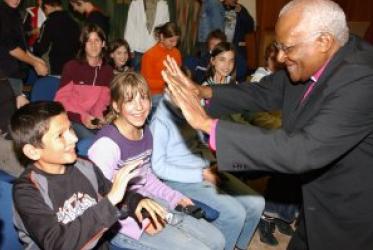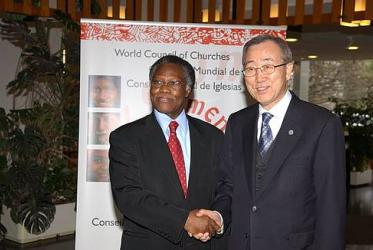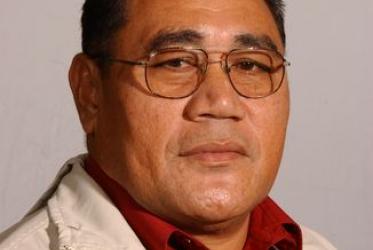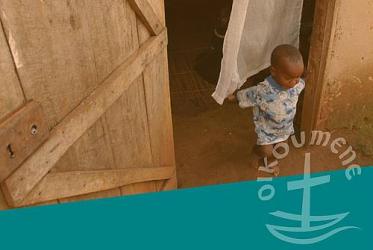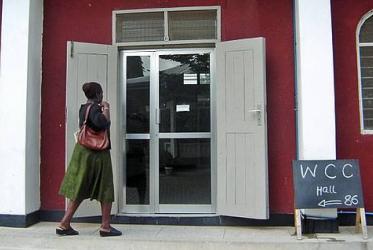Displaying 2241 - 2260 of 2271
WCC delegation visits Christians in the UAE
22 April 2008
The passing of Krister Stendahl, an eminent ecumenist
18 April 2008
Bringing hope to a broken world
14 April 2008
Danish churches to dialogue with Muslims
10 April 2008
WCC statements address climate change, other topics
20 February 2008
HIV/AIDS: "We can't be silent"
19 February 2008
Ambassadors of hope
18 February 2008
Churches want to see a new paradigm on climate change
11 December 2007
